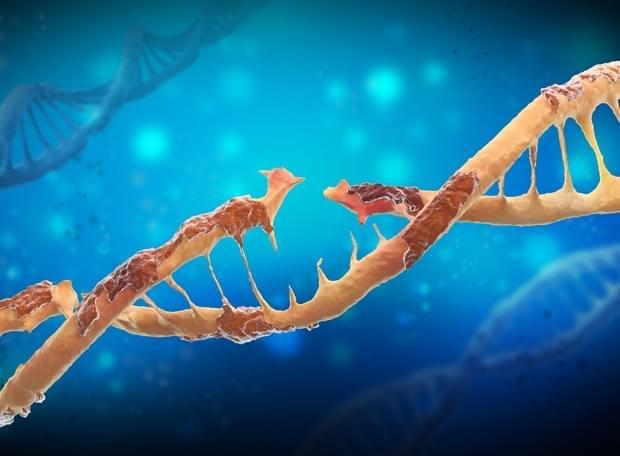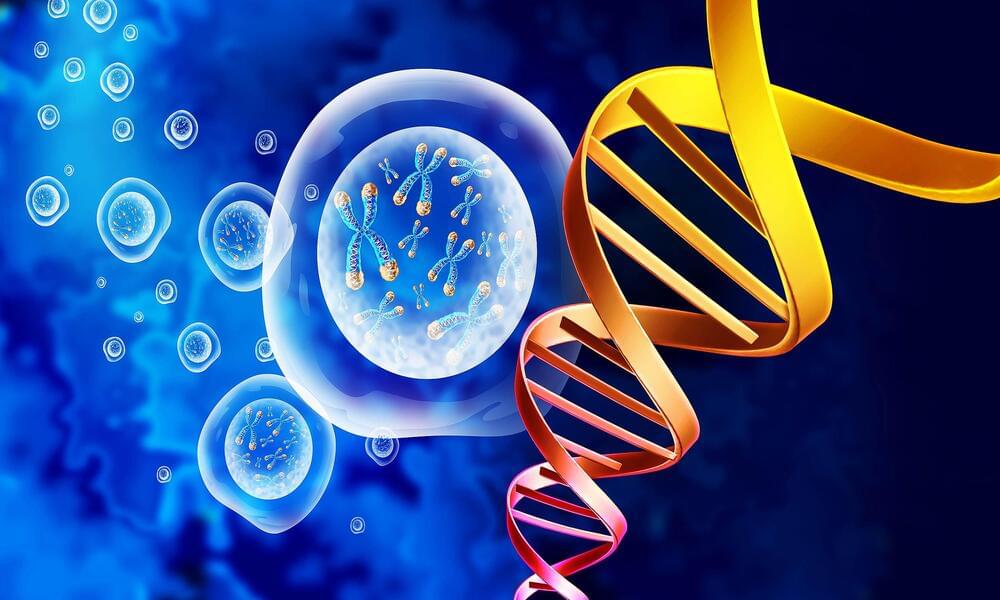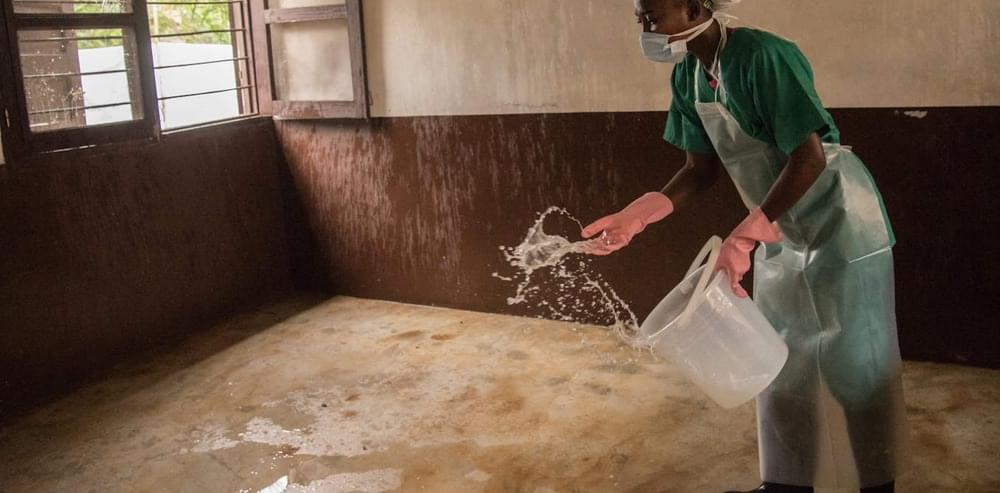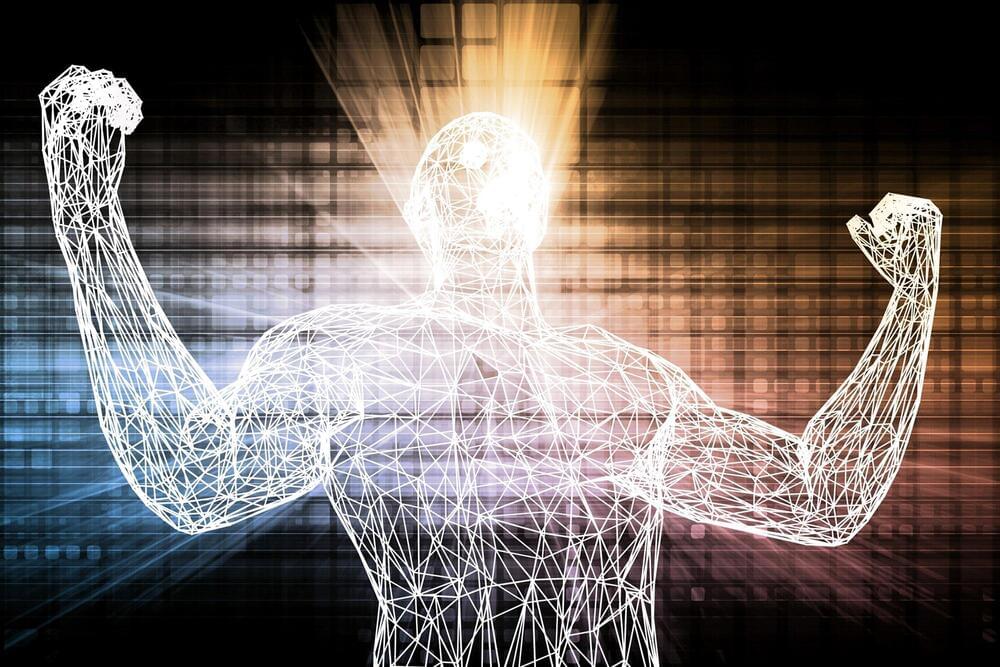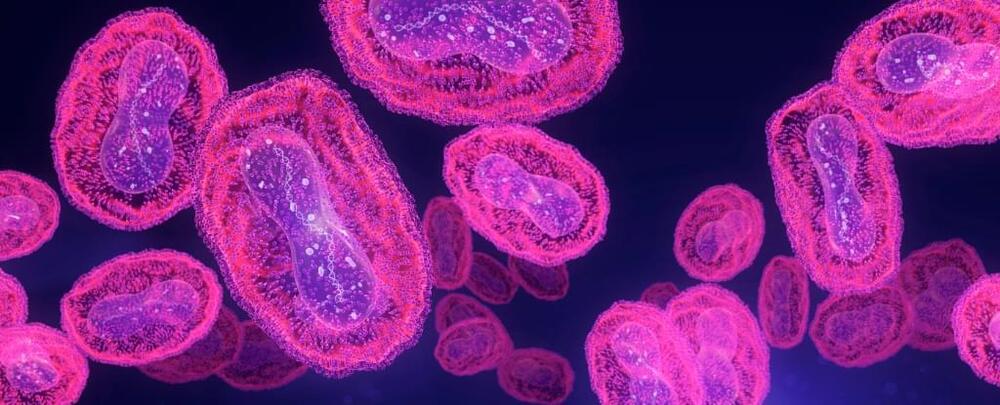A new Australian study has identified why a diet rich in magnesium is so important for our health, reducing the risk of DNA damage and chronic degenerative disorders.
Scientists from the University of South Australia measured blood samples from 172 middle aged adults, finding a strong link between low magnesium levels and high amounts of a genotoxic amino acid called homocysteine.
This toxic combination damages the body’s genes, making people more susceptible to Alzheimer’s and Parkinson’s disease, gastrointestinal diseases, a range of cancers, and diabetes.
